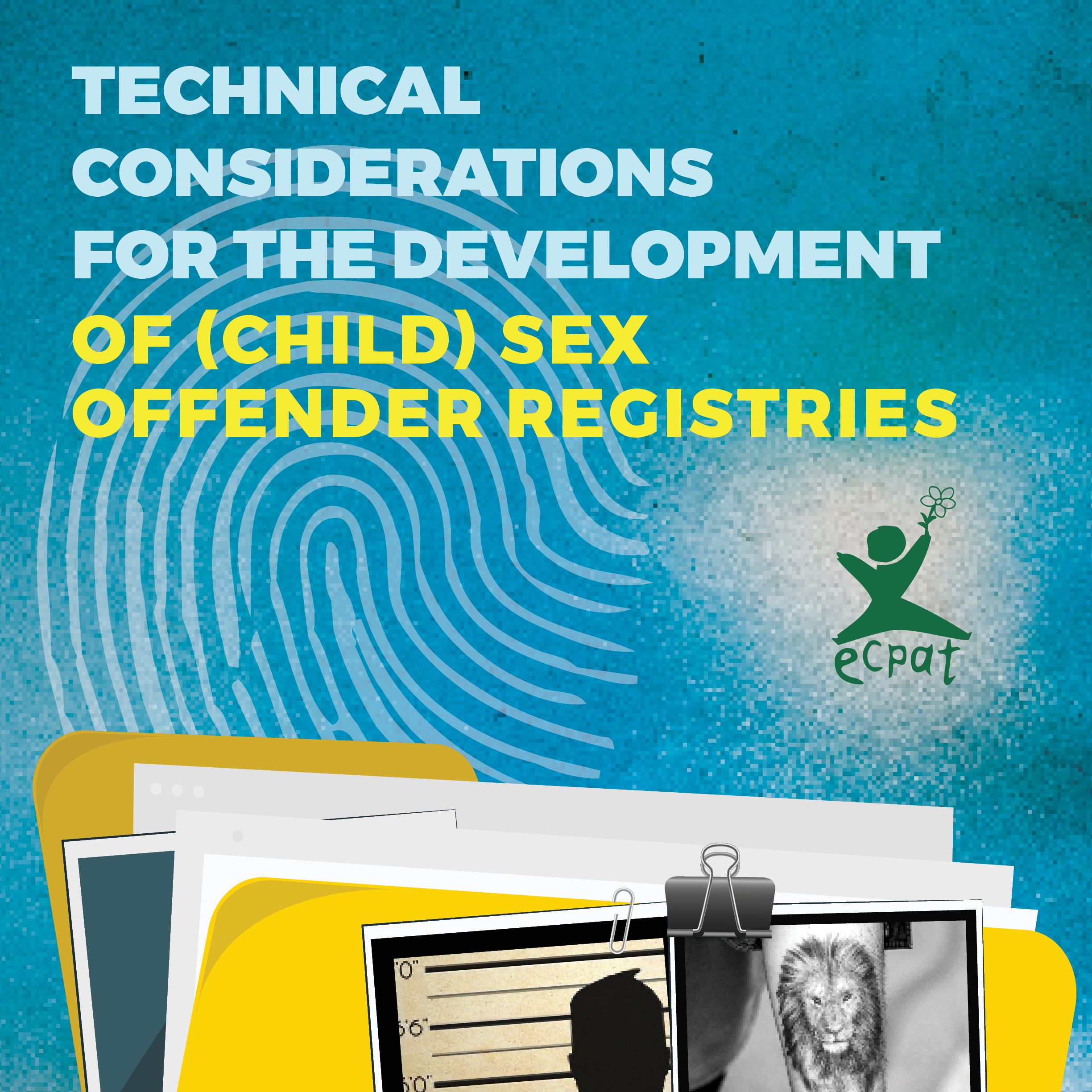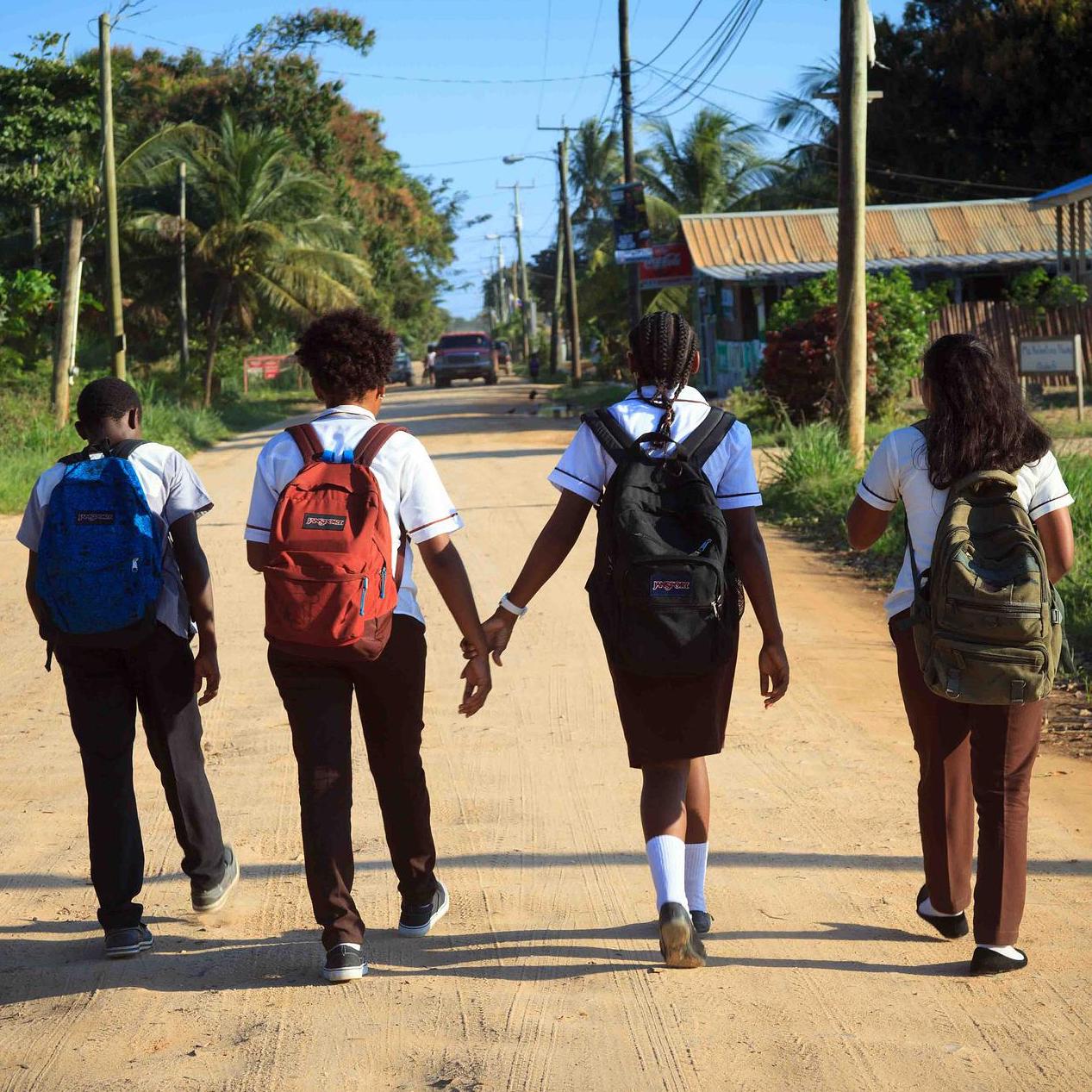Through dedication, collaboration, and unwavering commitment, our portfolio of projects has made strides in areas that matter most. From ground-breaking research to influencing global policies, the pages that follow paint a picture of the transformative work that we have embarked upon. This is a testimony to our values, and a glimpse into the progress we have made.
ECPAT International has had a year of remarkable achievements in its fight against child sexual exploitation. Key projects have each contributed to our mission:
These initiatives contribute to a multifaceted strategy designed for impact and accountability.
The Disrupting Harm 1 project, a collaboration between ECPAT International, UNICEF-Office of Research Innocenti and INTERPOL, concluded in the first half of the fiscal year, is a leap forward in our fight against the sexual exploitation of children. A standout moment was the launch of the Survivors Conversations report, which revealed profound insights from youth survivors of online child sexual exploitation and abuse.
One survivor from Moldova hauntingly remarked, “And what are you going to say to the police, that you undressed yourself?” Such heart-wrenching testimonies, combined with inputs from frontline workers and other stakeholders, have only solidified our dedication to the cause.
Another poignant observation from a participant in Colombia stressed the need for open dialogue:

“Sexuality is not talked about in the family, parents with their children, at school, teachers. If sexuality is talked about more frequently, children would not see it as sin, as bad, and they would not be deceived so easily.”
These findings have strengthened our commitment and spurred us to refine and innovate our research methodologies. Through this groundbreaking research, a new trove of data on online child sexual exploitation and abuse is allowing us to greater tailor our approach to make concrete changes.
The successes of Disrupting Harm I has seen us build on these foundations, extending the research reach to 12 additional countries in Latin America, Middle East and North Africa, Central Europe, and South Asia, and amplifying our efforts to confront online child sexual exploitation and abuse. Beyond mere geographical expansion, this project resonates with the core values of ECPAT International. Its potential for global change is not just an aspirational goal but a tangible reality where solid data and evidence informs changes aligning with our comprehensive vision for child protection.
Significant collaborations with ECPAT member organisations in Ecuador, Côte d’Ivoire, Bangladesh and the Dominican Republic as well as the Lanzarote Committee Secretariat and governments in Moldova, Finland, and Italy have led to focused efforts on child sexual exploitation. These overviews have also garnered substantial media, policy maker and civil society interest. This work has played a pivotal role in advancing the national dialogues, creating a support network, and sparking the necessary conversations to catalyse national efforts in eradicating child sexual exploitation and abuse.
This year marked a transformative period for our internal communication infrastructure, enhancing our collaborative advocacy capabilities. A few noteworthy events stand out in the calendar. A two-day meeting in October 2022 with our EU (European Union) members focused on synchronising communication and campaign skills. These efforts culminated in collective campaign activities across ECPAT’s EU chapters and sustained member engagement in ECLAG’s Participatory Group. The afore mentioned Southern and Eastern Africa Regional Workshop in May and hosting the first-ever Global Boys Summit in Morocco in June 2023 are two further examples of where our stakeholder engagement efforts amplified our role as conveners, influencers, and advocates within a global movement and where we proudly facilitated broader and deeper communications within both our network and the broader sector.

ECPAT’s systematic and nuanced approach to investigating sex offender registry practices has set a benchmark in the field. The collaboration event of global experts and the resulting Technical Considerations document are more than mere formalities; they are a testimony to our commitment to fostering international understanding and adapting practices to local contexts. This research has already had real-world repercussions such as informing policy discussions in places like Costa Rica in collaboration with our ECPAT member, Paniamor.
Our research into child sexual exploitation in affected by crisis is a significant effort that melds local knowledge with global approaches. Collaborating with ECPAT members in Kenya, Ethiopia and Iraq and focusing on culturally nuanced responses, we have embarked on a path that transcends conventional solutions. This approach not only embodies ECPAT’s dedication to understanding complex issues but also serves as a blueprint for how to create meaningful and culturally sensitive responses in humanitarian contexts.
The meticulous review of the Child Safeguarding Policy and the creation of the PSEAH (Prevention of Sexual Exploitation, Abuse, and Sexual Harassment) policy goes beyond standard procedure, cementing ECPAT’s unwavering commitment to a safe environment. This continual work aligns seamlessly with international best practices and ambitions to inspire stronger measures to protect children and adults within our work. It is not just about compliance; it is about embedding a culture of care and integrity within the very fabric of our organisation and our partners worldwide.
Implementing the Theory of Change and Monitoring, Evaluation and Learning Framework is a strategic move essential for assessing our impact. This approach enhances our interventions and strengthens our commitment to accountability. By prioritising continuous improvement, transparency, and responsible stewardship, this work amplifies our mission and vision. This is another example of our commitment to leaning from our world, adapting to changes, and displaying accountability.
The development of a Child Participation Strategy in collaboration with our ECPAT members, appointment of new leadership, and commitment towards challenging power inequalities and placing children as key actors at the center of our work, represents more than an organisational change; it is a cultural shift. This rights-based approach seeks not merely to include children but to genuinely empower them and give them a space and an audience to influence changes, reflecting a philosophy that transcends the norm. It is a vision for the future where children’s voices are not just heard but are central to the decision-making processes, ensuring their rights, needs, and aspirations are at the forefront of all we do.

While we celebrate our accomplishments, we are also keenly aware of the imperative to not only maintain but to elevate our contributions. With a more extensive and diversified network of collaborations, our mission is poised for a future laden with measurable impact and heightened accountability. Leveraging these assets, we are committed to innovating, adapting, and, most crucially, amplifying the voices of children to take centre stage in our journey ahead. Through our unified resolve, ECPAT International is uniquely positioned to lead in building a safer world for children, grounded in evidence and a culture of continuous improvement.
“Being a survivor is about learning to cope. I’m a survivor because I’m still here. It is hard to be a survivor. I put so much effort into it and people. You need to have some sort of passion in life. I have a passion to live.”
– Ally, survivor